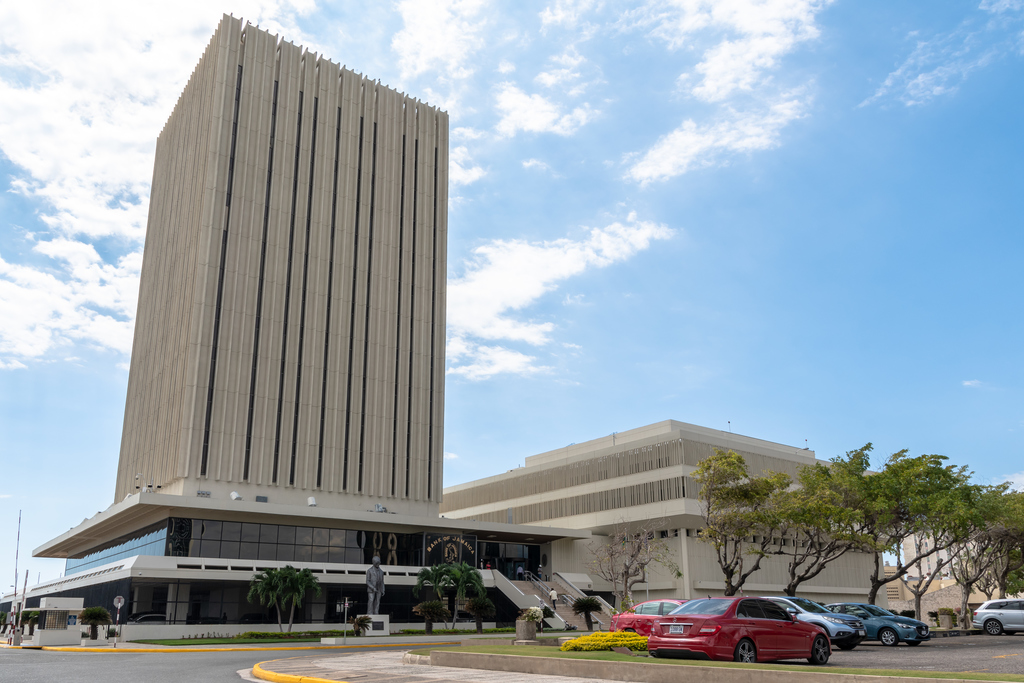COVID-19 blamed for sharp decline in transactions

The Real-Time Gross Settlement (RTGS) system in Jamaica, which allows for the instantaneous transfer of money and/or securities, experienced mixed fortune last year based on the Bank of Jamaica’s (BOJ) latest assessment.
The BOJ, in its just released Financial Stability Report 2020, reports that, “for 2020, market activity in the JamClear- RTGS system exhibited mixed results. These results largely reflected the impact of the COVID-19 pandemic on economic activity. In particular, overall transaction values within the JamClear-RTGS system declined sharply to $12.5 trillion for 2020 from $20.3 trillion for 2019”.
The system turnover was 6.3 times Jamaica’s gross domestic product (GDP) compared to a system turnover of 9.5 times GDP for the preceding year. Average monthly transaction values decreased by 38.8 per cent to $1.0 trillion for 2020 and represented an average monthly turnover of 1.6 times monthly GDP.
“Conversely, total volume of JamClear-RTGS transactions grew by 53.5 per cent to 1 557 467 transactions for 2020. Additionally, average monthly transaction volumes increased by 34.8 per cent to 129,789 transactions. Customer credit transfers (single and multiple) accounted for approximately 95.3 per cent of total transaction volumes relative to a share of 93.0 per cent for 2019,” the Financial Stability Report 2020 recorded.
During 2020, the sharp fall in the value of transactions in the JamClear-RTGS system was largely attributable to lower securities settlement transactions which was reflected in declines in both the value and volume of securities traded in the JamClear-CSD (Central Securities Depository) system. Total transaction value in the JamClear-CSD system declined by 47.5 per cent to $11.7 trillion which represented a system turnover of 3.1 times GDP.
This performance, the report highlighted also reflected in a decrease in the average monthly value of JamClear-CSD transactions to $9.8 billion for 2020, an average monthly turnover of 1.4 times monthly GDP. Similarly, overall volumes fell by 4.3 per cent to 59,962 transactions for 2020.
Key developments in retail payments
At the same time, retail payments activity contracted for the review period, reflecting the impact of the decline in economic activity due to the pandemic. Of note, the average monthly transaction values fell to $142,136 per person for 2020 from $155,205 per person for the previous year.
Concurrently, average monthly transaction volumes declined to 4.9 transactions per person for 2020 from 5.5 transactions per person for the previous year. Notably, debit cards continued to be the most utilised retail payment instrument accounting for 70.8 per cent of the total number of retail payment transactions.
The value of cheques as a percentage of the total value of retail transactions declined to 32.6 per cent for 2020 from 39.3 per cent for 2019. This decline reflected the continued migration from paper based means of payments to electronic forms. There was a noted increase in both the value and volumes of other electronic payments which increased by 16.1 and 40.7 per cent respectively
The Financial Stability Report 2020 provides an assessment of the main financial developments, trends and vulnerabilities influencing the stability of Jamaica’s financial system during the year. The data utilised for the analyses are at end-2020 except in some instances where data were available for end-September 2020.
The report covers an overall assessment of financial stability, macro-financial risks, financial system developments, financial system sectoral exposures, risk assessment of the financial system and payment system developments.







Comments